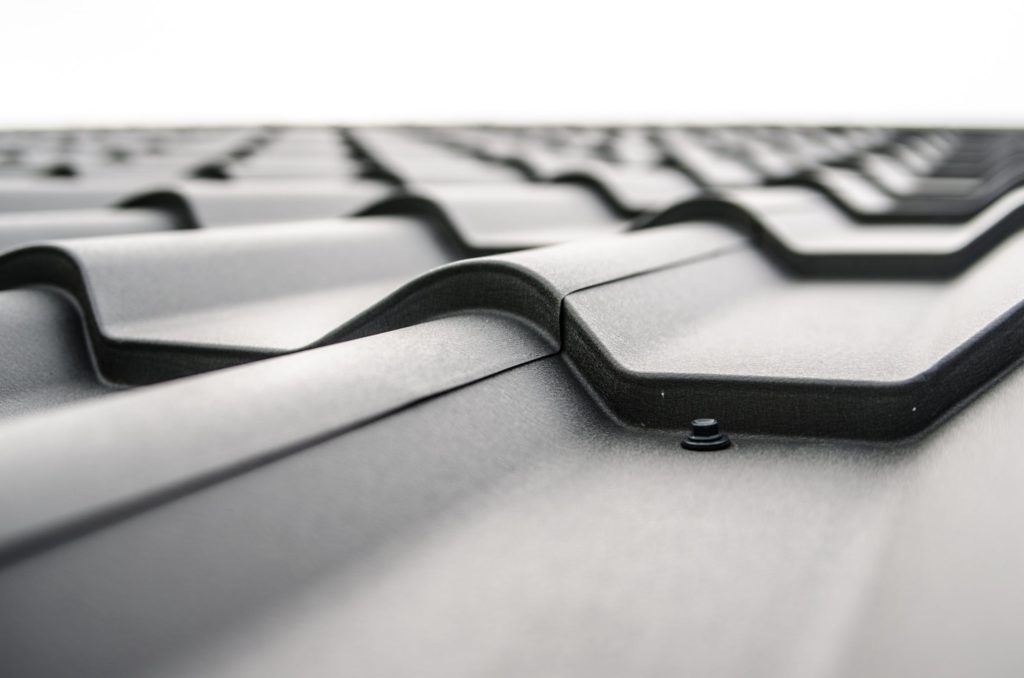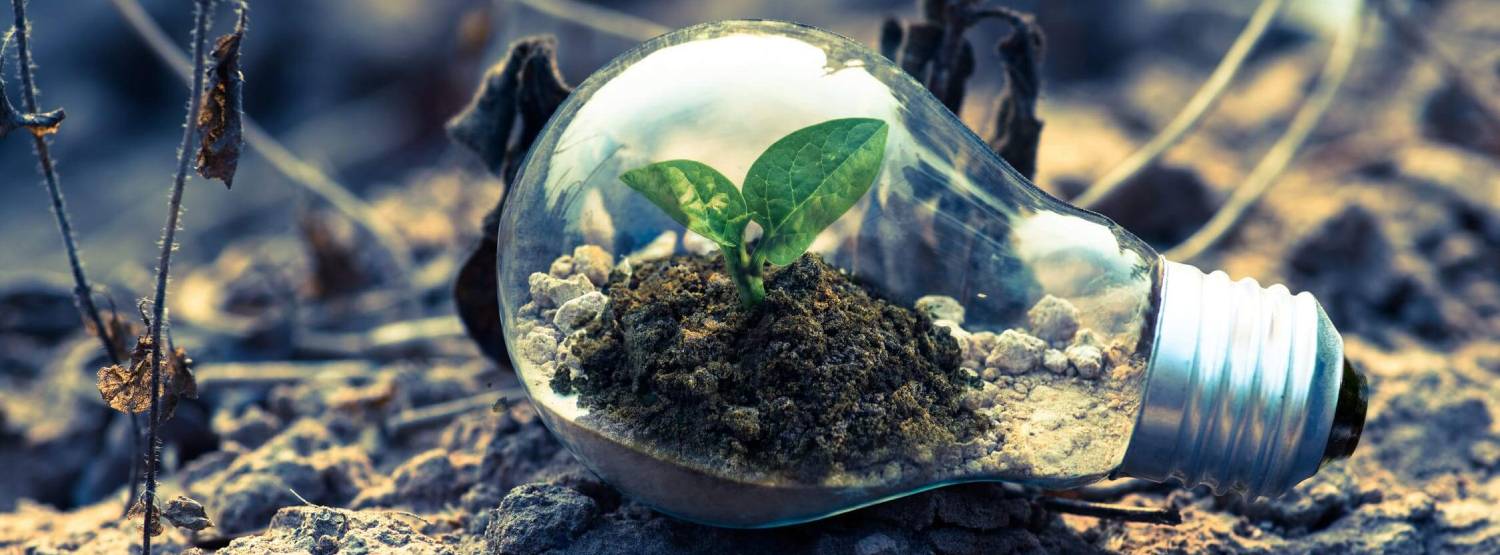Home insulation, top of the list of priorities for a green economy in the UK
April 2015
Home insulation. One of the most cost effective ways of saving heat is to properly insulate your home. Better for the environment and better for your pocket.
Upgrading the insulation in your home is the easiest and most effective means of reducing energy use and making your home eco-friendly. In fact, half of all heat loss in the home typically occurs through the walls and roof. This should be at the top of everyone’s list in terms of helping the planet and saving money. Plus, its relatively inexpensive and easy to complete. So, before you start thinking about solar panels or wind turbines, make sure your home is properly insulated!
There is a vast range of natural insulation materials available, including cellulose, flax, hemp, straw and sheep wool. However, some types of traditional materials do have recycled content. For example, some glass mineral wools are 55 percent recycled.
The government is also keen to push insulation and its benefits in order to meet its emissions targets. That is why it has put forward a scheme to train 1,000 apprentices to insulate homes in the UK as part of its green deal energy plan. This follows announcements on progress for electric cars and carbon capture storage schemes, to reassure green campaigners of its claim to be the greenest government ever.
Under the green deal programme homeowners will get their properties insulated at no upfront cost and then reimburse firms carrying out the work from the savings they make on their energy bills.
The scheme to insulate more homes under an incentivised and cost effective system represents a step in the right direction and puts home insulation in its rightful place as a top priority in achieving a low-carbon economy.





